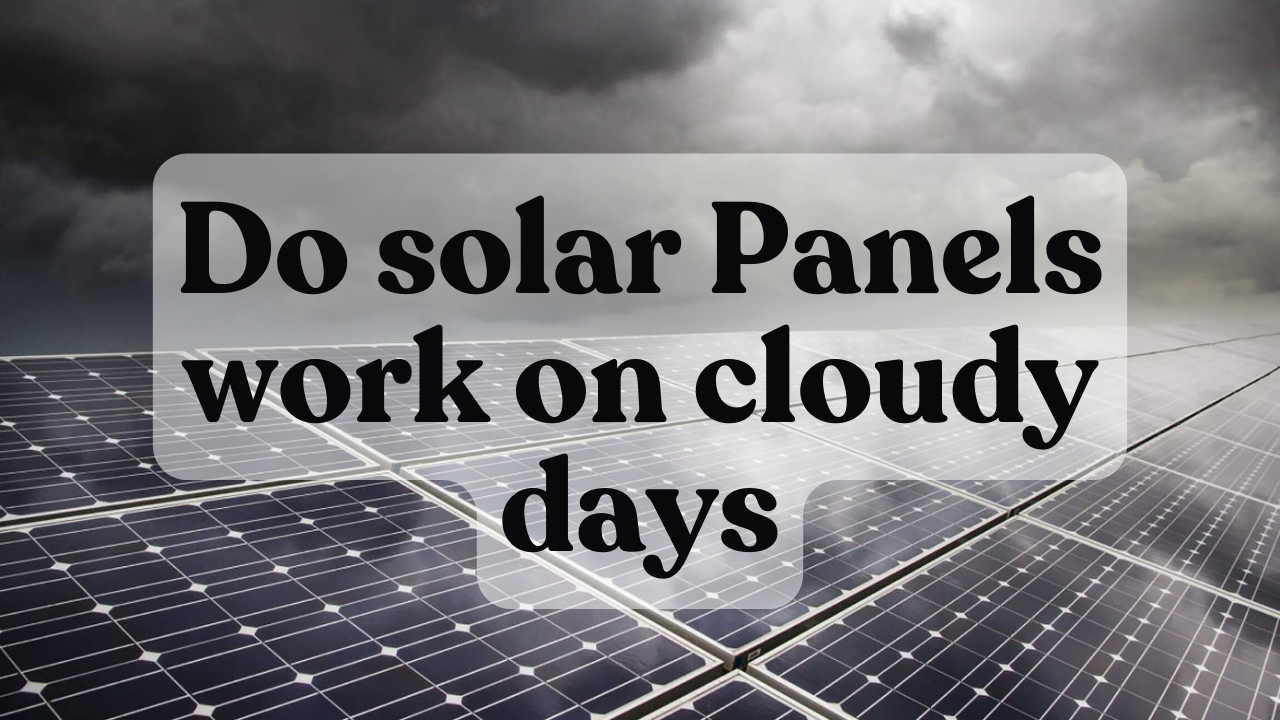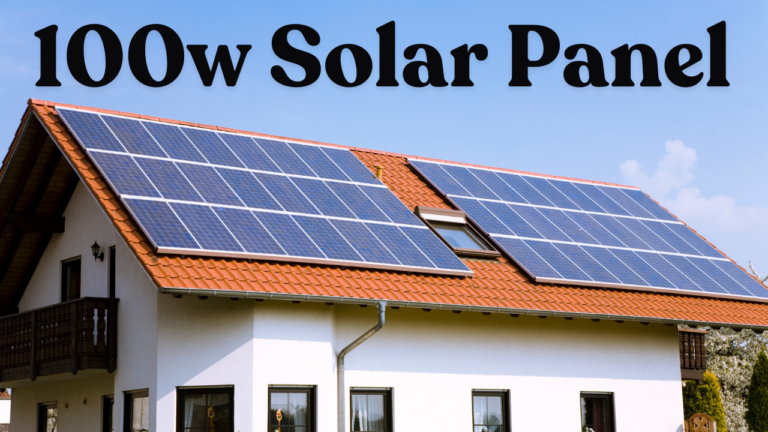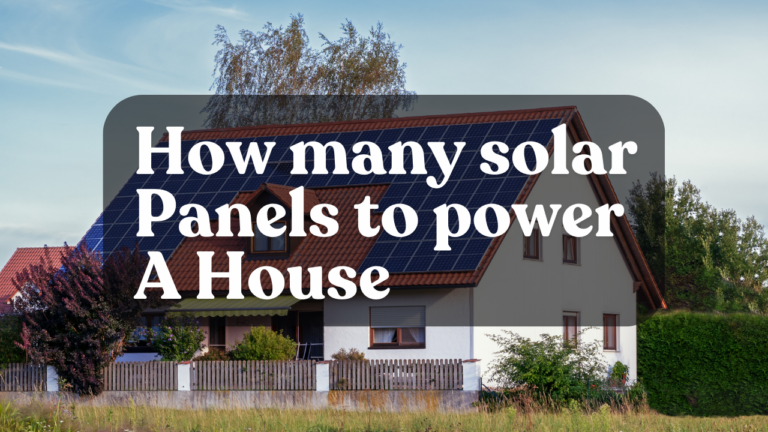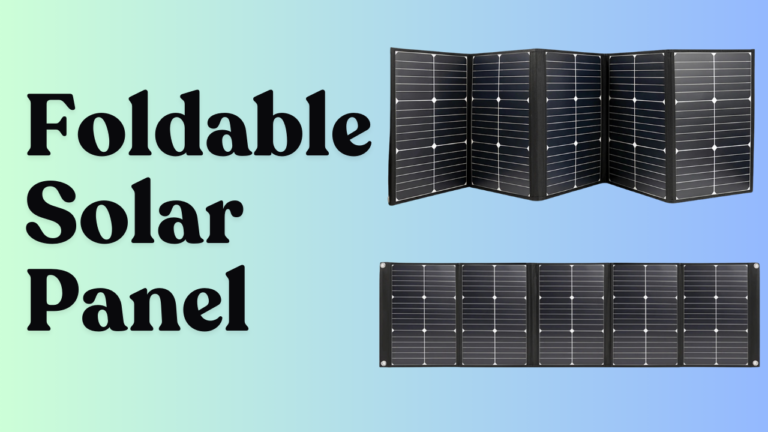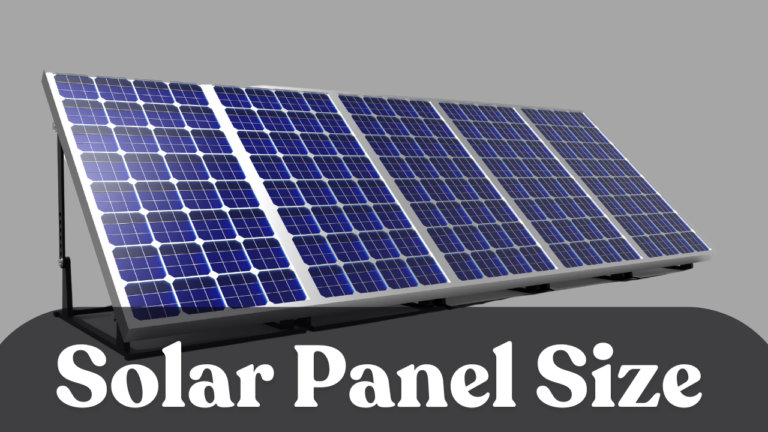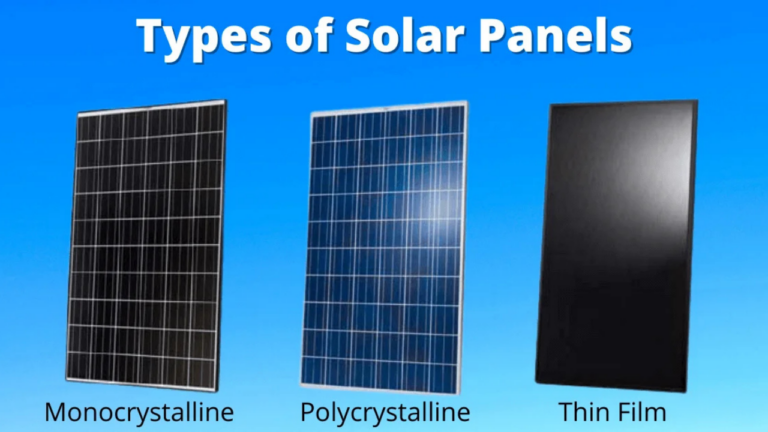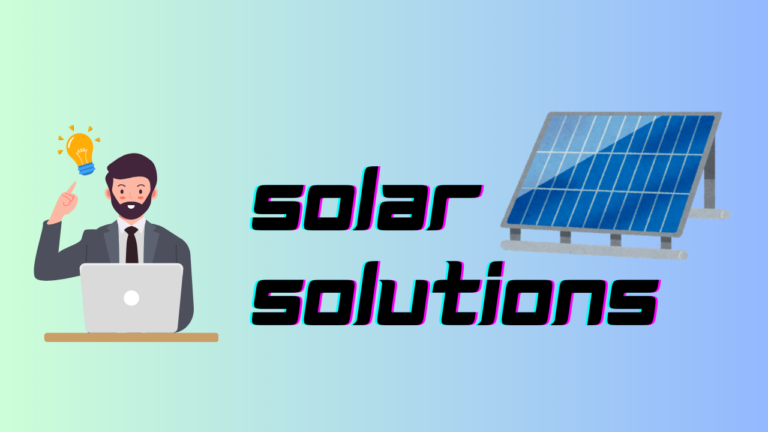Do Solar Panels Work on Cloudy Days?
Solar energy is becoming one of the most popular and eco-friendly ways to generate electricity. But a common concern among homeowners and business owners is whether solar panels work on cloudy days.
If you live in an area that experiences frequent cloudy weather, you might wonder if investing in solar panels is worth it. The short answer is yes—solar panels do work on cloudy days, just not as efficiently as on bright sunny days.
Let’s explore how this works and whether cloudy weather affects solar power generation significantly.
How Do Solar Panels Work?
Solar panels capture sunlight and convert it into electricity using photovoltaic (PV) cells. These cells absorb sunlight and generate direct current (DC) electricity, which is then converted into alternating current (AC) electricity through an inverter. AC electricity is what powers homes and businesses.
Sunlight consists of different wavelengths, and even when clouds block direct sunlight, some sunlight still reaches the solar panels in the form of diffuse or scattered light. This is why solar panels can continue to generate electricity even when it’s overcast.
How Much Energy Do Solar Panels Produce on Cloudy Days?
While solar panels still function on cloudy days, their efficiency is reduced compared to sunny conditions. On average, solar panels produce about 10-25% of their usual output on a cloudy day. However, this percentage varies depending on factors such as:
- Cloud Thickness: Light, scattered clouds allow more sunlight to pass through compared to thick, dark storm clouds.
- Time of Day: Even on cloudy days, solar panels generate more power around midday when the sun is at its peak.
- Type of Solar Panels: Some high-efficiency panels, like monocrystalline panels, perform better in low-light conditions than others.
- Geographical Location: Areas closer to the equator tend to get more sunlight, even if they experience cloudy weather.
Do Solar Panels Work in Rainy or Foggy Weather?
Yes! Solar panels can still generate electricity when it’s raining or foggy. Rain can actually be beneficial because it helps clean dirt and dust off the panels, improving their efficiency once the clouds clear. In foggy weather, solar panels still receive some sunlight, allowing them to continue generating power at a reduced capacity.
Examples of Cloudy Regions Successfully Using Solar Power
Many regions with frequent cloudy weather successfully utilize solar power. Here are a few examples:
- Germany: Despite having a generally cloudy climate, Germany is a global leader in solar energy production. The country has invested heavily in solar technology, proving that solar energy works even in less-than-ideal weather.
- Seattle, USA: Known for its cloudy and rainy weather, Seattle has many homeowners and businesses that rely on solar panels for their energy needs.
- London, UK: Despite frequent overcast conditions, London continues to adopt solar energy as part of its renewable energy plan.
Ways to Maximize Solar Energy on Cloudy Days
If you live in a cloudy area but still want to benefit from solar energy, there are several ways to optimize your system:
- Choose High-Efficiency Panels: Some solar panels perform better in low-light conditions. Look for monocrystalline panels, which are more efficient than polycrystalline ones.
- Use a Battery Storage System: Solar batteries store excess energy generated on sunny days, so you can use it when it’s cloudy or at night.
- Optimize Panel Placement: Install panels at an angle and in a location where they receive the most sunlight possible, even in cloudy weather.
- Keep Panels Clean: Regularly clean your solar panels to remove dust, dirt, and debris that could block sunlight.
Is Solar Power Still Worth It If You Live in a Cloudy Region?
Absolutely! Even in cloudy regions, solar power can significantly reduce your electricity bills and your carbon footprint. Many factors, such as advancements in solar technology and financial incentives, make solar energy a great investment regardless of the weather conditions.
- Lower Electricity Bills: Even if solar panels generate less energy on cloudy days, they still contribute to reducing your dependence on grid electricity.
- Environmental Benefits: Solar energy is a clean and renewable source of power that helps reduce carbon emissions.
- Government Incentives: Many countries offer tax credits, rebates, and other incentives to make solar installation more affordable.
Final Thoughts
While solar panels work best in direct sunlight, they can still generate electricity on cloudy days—just at a lower efficiency. If you live in an area that experiences frequent overcast weather, you can still benefit from solar energy by choosing high-efficiency panels, using battery storage, and optimizing panel placement. Investing in solar power remains a smart and eco-friendly decision, even if you don’t always have clear skies.
So, if you’ve been wondering whether solar panels work on cloudy days, the answer is a resounding yes! While they won’t be as efficient as on sunny days, they’ll still generate enough energy to make solar power a worthwhile investment.

